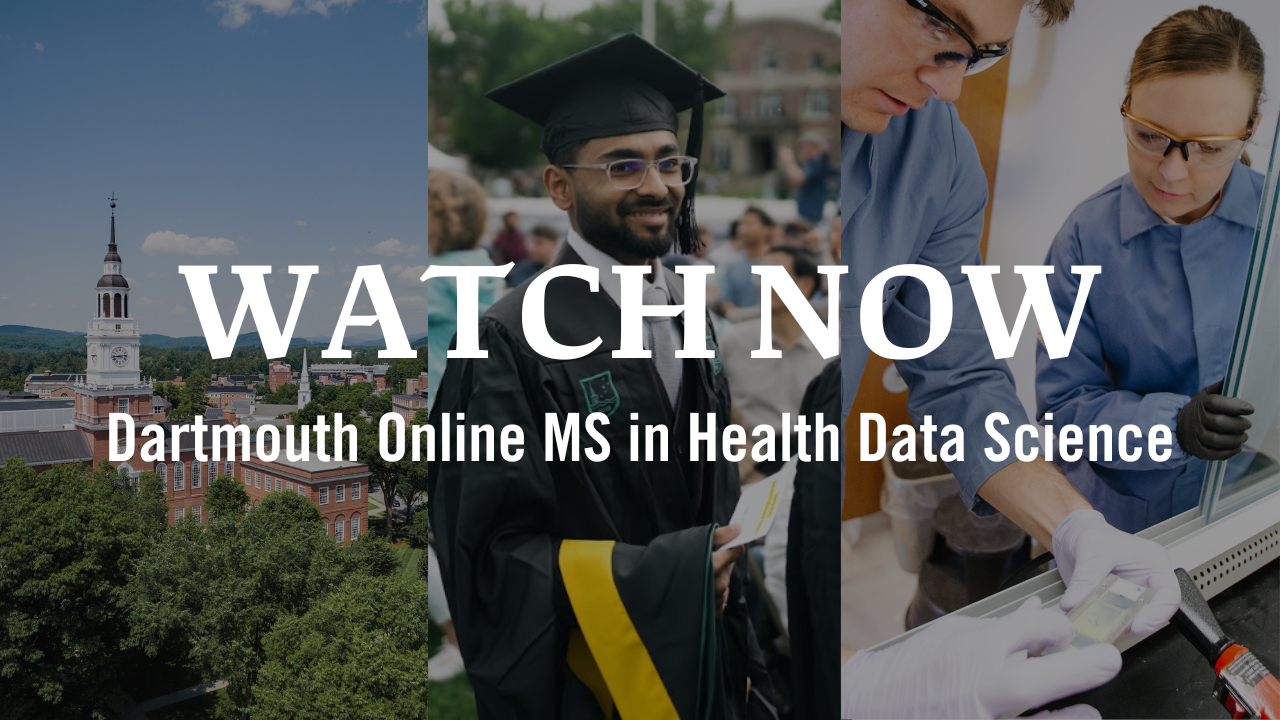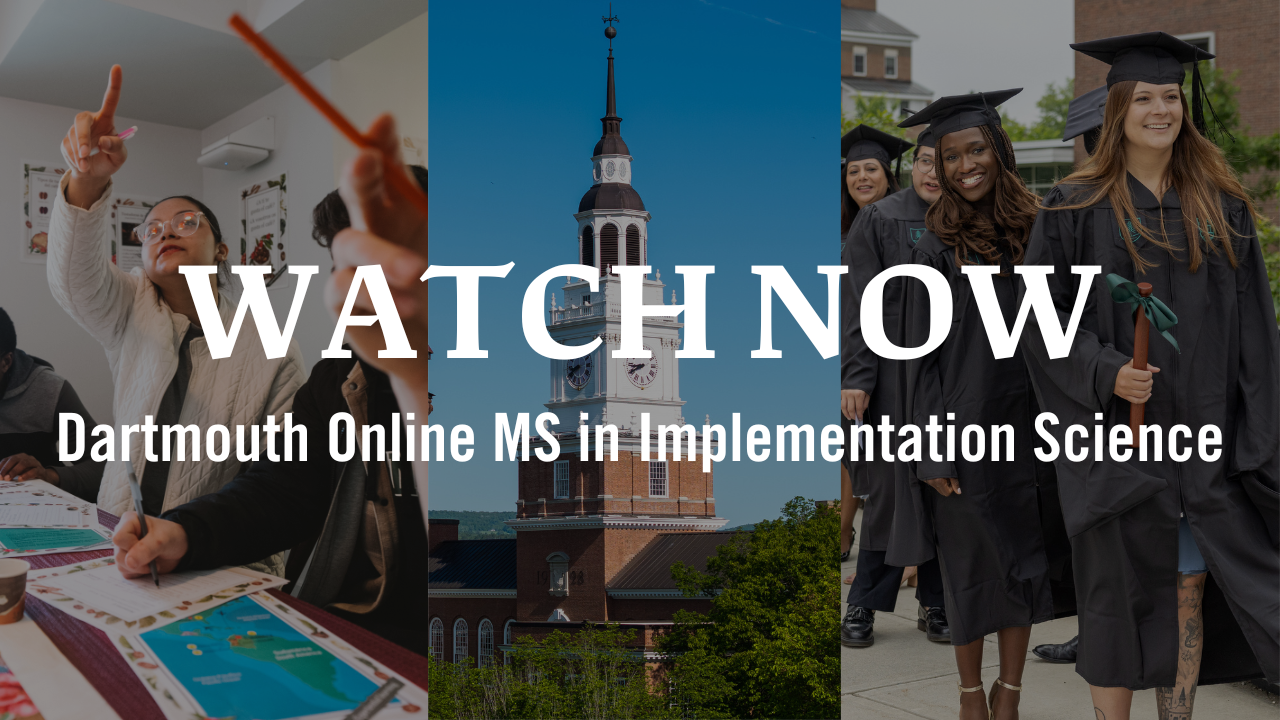3 Examples of How Economics Affects Health and Health Care
Many important forces shaping health and health care have more to do with economics and social policy than with any particular medical treatment or procedure. Dartmouth Institute Professor and Economist Ellen Meara takes a closer look.
1. Economic opportunity motivates and enables people to invest in their health; its absence does the reverse.
Following a four-fold increase in prescription opioid sales since 1999, opioid overdose claimed 33,000 lives in 2015, and opioid use disorders affect over 2 million adults in the U.S. Subgroups hard hit by opioids have one thing in common, they include individuals with relatively low levels of education in communities gutted by a loss of manufacturing jobs. Policies that do not address the loss of economic opportunity for these groups are unlikely to curb the fast changing and deadly opioid epidemic.
2. Small policy details have large economic impacts on insurance coverage and costs.
Although the Patient Protection and Affordable Care Act remains “the law of the land”, even small changes may matter. For example, economic theory predicts that weak enforcement of the individual mandate would raise health care premiums, lower coverage and destabilize health insurance exchanges. Why? Young, healthy enrollees, without a mandate, will opt not to purchase health insurance coverage on exchanges. In response, insurers may raise premiums to meet expected costs of the remaining, sicker enrollees on exchanges, which in turn will accelerate exits of more healthy people, and eventually insurers, from the exchange. Creating policies that address the potential for adverse selection will increase insurer participation, competition, and the overall stability of insurance exchanges.
3. Incentives—both positive and negative—can be harnessed to improve health.
A public health triumph in the U.S. over the past 50 years has been declining rates of tobacco use, and with it, reductions in deaths due to smoking-related causes. And, the reality is that excise taxes on cigarettes, clean air policies banning smoking in public venues like bars, restaurants, and public beaches, and smoke-free workplaces, all policies that effectively made smoking more “expensive” had far greater impact on health and mortality than clinical interventions. Incentives matter.
As we continue to debate how to achieve a high performing health care system and a healthier population, we need to remember how economics shapes health insurance, health care, and health outcomes.
POSTED 4/12/2017 AT 05:36 PM IN #3 series
REGISTER FOR AN UPCOMING VIRTUAL INFORMATION SESSION:
CHECK OUT RECENT NEWS & EVENTS AT DARTMOUTH:
DISCOVER DARTMOUTH ALUMNI
Receive the latest updates on applying to Dartmouth
TALK TO OUR ADMISSIONS TEAM
Courtney Theroux
DIRECTOR, ENROLLMENT MANAGEMENT
Amanda Williams
ASSOCIATE DIRECTOR, ADMISSIONS AND RECRUITMENT
Hannah Kassel
ASSISTANT DIRECTOR, ADMISSIONS AND RECRUITMENT
Mia Soucy
ADMISSIONS MANAGER
ALUMNI CAREER STORY
Dominique Lee, MPH’20
CEO, Planned Parenthood New England,




